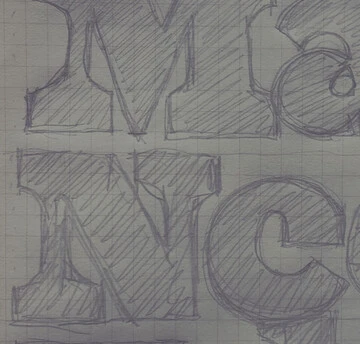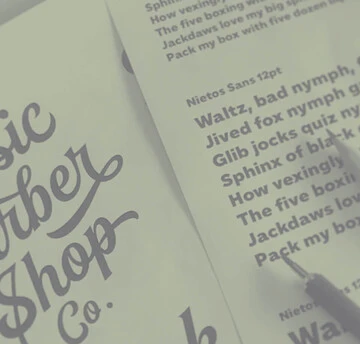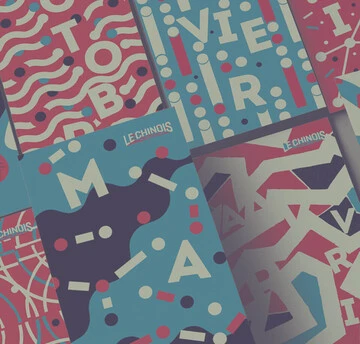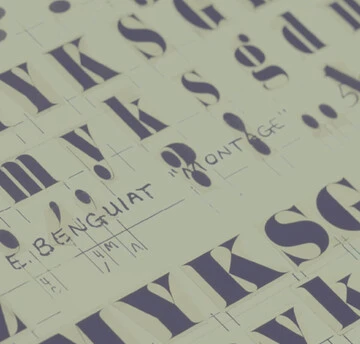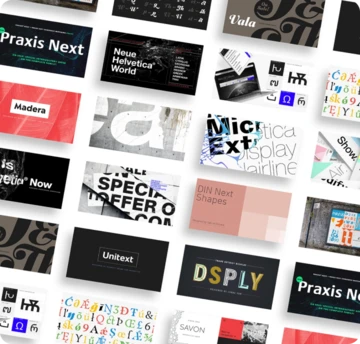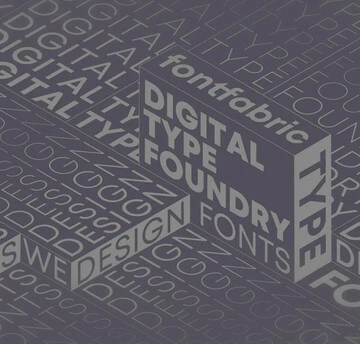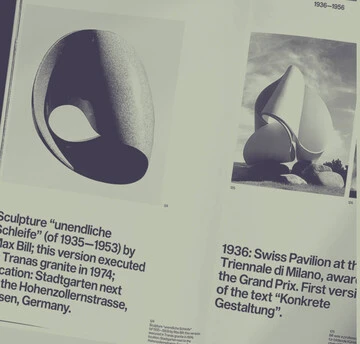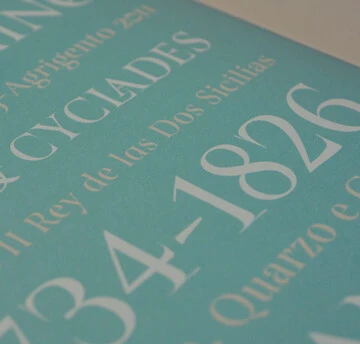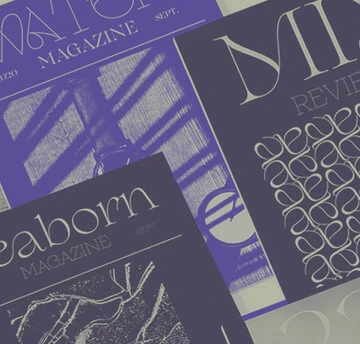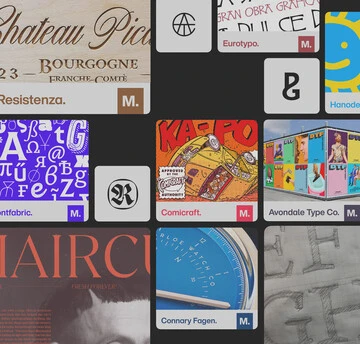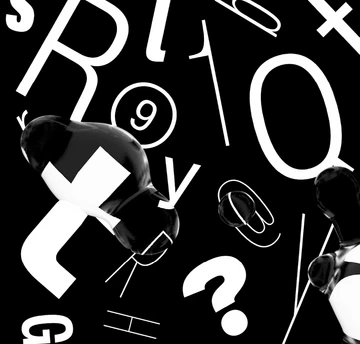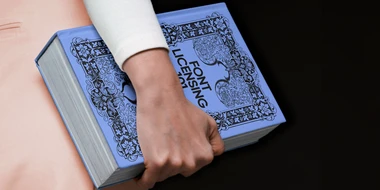What is a font license agreement?
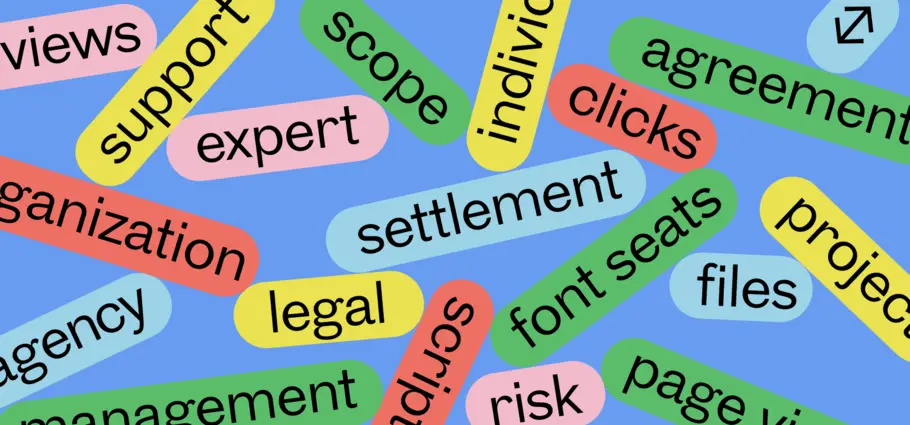
Without a doubt, it is always best practice to read every word of any contract before signing. Yet, life is short and leaving legal reading to the legal team is understandably tempting. But End User License Agreements (EULAs) are actually very straight forward, particularly if you are looking out for certain terms.
An End-User License Agreement (EULA) is a license for a piece of software, including fonts. In that case, a EULA is often called a Font License Agreement and gives the holder permission to use a specific font or a selection of them.
One way to approach a font license agreement is in three stages:
- Who and what is this? The first clauses of a font license agreement identify the licensee (e.g. you), the licensor (font provider, e.g., Monotype affiliate website) and the software (e.g. font software).
- How can the fonts be used? The main body of the EULA sets out the terms for how the font files can and cannot be used by the licensee. After reading two or three EULAs, it’s easy to spot the terms that are most important to you (e.g. how many desktop/font files and for how long?)
- What do I not need to think about? In short, a business needs to consider each line of any contract. Having said that, there are boiler plate terms that might concern some teams more than others, (e.g. legal more than creative), so it’s only natural to focus on the terms that concern your team.
EULA Breakdown:
As with most software, fonts are licensed to individuals and organizations, whether the fonts are paid or free. The EULA defines the terms and provisions for use of the font software. For instance, a EULA for a desktop license would indicate the number of CPUs the fonts may be installed on, which can vary depending on the manufacturer.
EULA (n): A contractual agreement between a software provider (licensee) and a software user (licensor) granting the latter usage rights for software under specified terms e.g. a font licensing agreement is a EULA for font software, see “Font License types”.
EULA, Dates:
- Start Date Contractual first day of the right to use the software.
- End Date Contractual last day of the right to use the software.
EULA, Parties:
- End user – ultimate user of the font, e.g. mobile application user.
- Font licensor – person/company granting the software use rights.
- Font licensee – person/company granted the software use rights.
EULA, Software:
- e.g. Singular font file.
- e.g. Selection of font files.
- e.g. Complete set of font files within a typeface.
EULA, Payment Terms (see Font License Plans):
- Payment method: How and by when payment is made.
- Payment amount: Financial consideration exchanged for license rights.
EULA, Use & Access terms:
- Number of workstations (i.e. computer desktops) on which certain font files are licensed.
- Number of users permitted to access certain font files.
- Type of usage permitted (e.g. downloading, manipulating and deploying).
EULA, Governing-Law v Jurisdiction:
- Governing Law: Law used in interpretation of contract substance.
- Jurisdiction: Where any needed court-enforcement would take place.
How are EULAs enforced?
As the chief legal protection for creative expression and investment, copyright protects a creative’s right to not only own but also license and protect their intellectual property. EULAs safeguard specific terms that are relevant to the person licensing the copyrighted works.
Copyright law varies from nation to nation, but thanks to the Berne Convention, international recognition for copyright rights have been agreed by over 180+ signatories. Like all contracts, EULAs specify the court and jurisdiction that applies. It is up to the copyright owner to enforce the copyright first out-of-court and, if it cannot be remedied, by taking legal action through the courts. This can be a lengthy, public, and costly process so it is usually in everyone’s interests to settle the issue out of court.
What if my license expires and I forget to renew it?
First of all, don’t panic. Licensors typically reserve the right to terminate an agreement and request compensation for unauthorized use, but most (like Monotype) will work with you to reconcile the situation. Licensing issues are common and usually accidental, and we have an array of tools and programs that can reset your licenses and help prevent future oversights.
